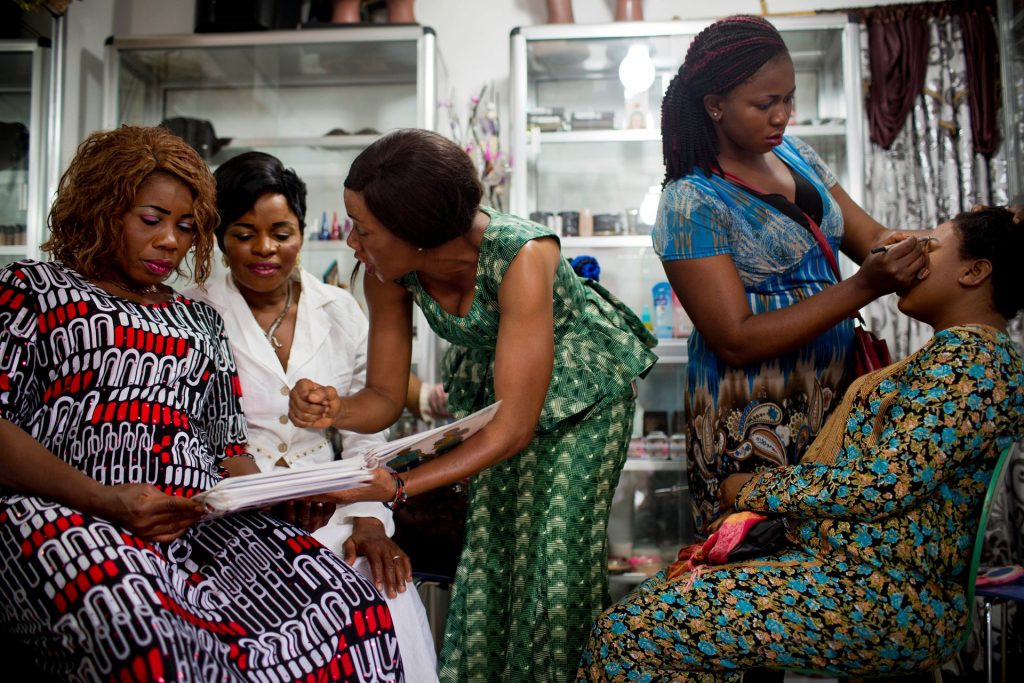Family planning in Uganda still has a big challenge of causing side effects to women who embrace them, such as headaches, dizziness, over-bleeding, missing periods temporarily, and weight gain or loss.

“Family planning must be explained to people since in its methods they mainly use drugs and most drugs cause side effects where people react differently. We need to sensitise people, that when they get side effects, they inform the health workers and get solutions, since all the side effects [are] reversible,” Dr Jotham Musinguzi, the director general, National Population Council, said.
He said this on September 30 during training for youths who are advocating the use of family planning in Uganda. He also advised health workers to choose proper family planning methods suitable to individuals, to minimize side effects.
However, he said, the side effects cannot be compared to the dangers of not using family planning. Musinguzi said, some side effects are not the same as what people think.
“There are no contraceptives associated with fibroids since most fibroids develop when women delay to get pregnant.”
“In order to promote family planning in Uganda, we must look at its health and economic benefits by looking at individual families and communities and sensitise them to understand the importance of using family planning,” he added.
Sarah Stevens, the youth health services officer at Elizabeth Glaser Paediatric Aids, said many girls in Uganda lie about their age when pregnant, claiming to be above 18 years to avoid police arresting their boyfriends for defilement.
“When girls give birth when they are below 18 years, they face many birth complications and majority drop out of school, which increases dependants and reduces the country’s economic growth,” she said.
Diana Nambatya Nsubuga, the Global Health Corps country manager, said with Uganda’s high population growth rate of more than three per cent, it means on average each woman produces seven children, which is not manageable.
She said, Uganda has a big population at more than 37 million, but with a small economy because the majority of its population are dependants including children, unlike China which has the largest population in the world of over 1.2 billion and has the second biggest economy since majority of her population are working.
“In order to enable the country’s economic growth, it must reduce on its fertility rate through family planning, ensuring child survival, improving on health and educating the girl child so that people can be able to work, save and invest. This has worked well in China and in East Africa; Rwanda is reducing its fertility rate while improving economically,” Nambatya said.

